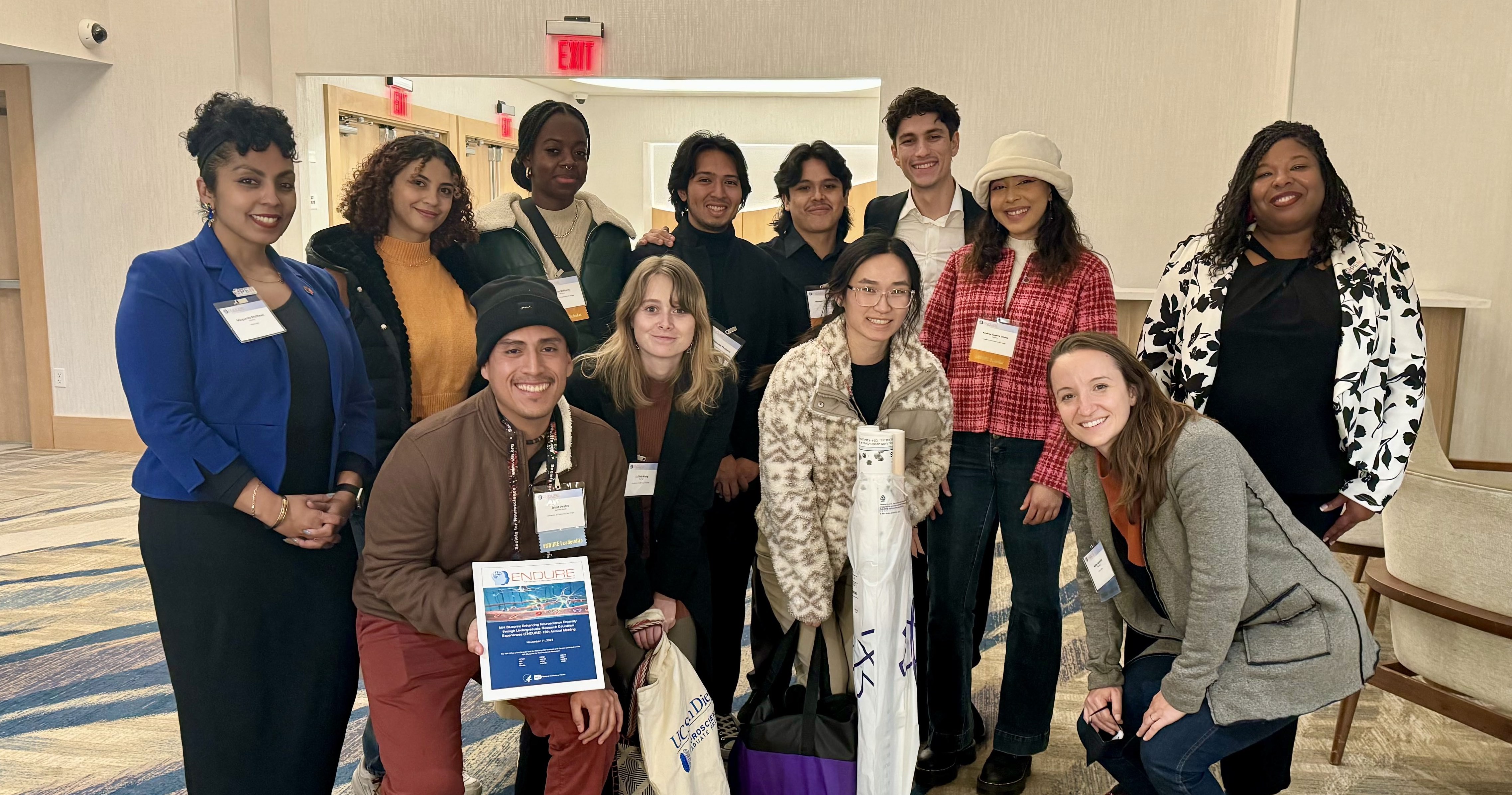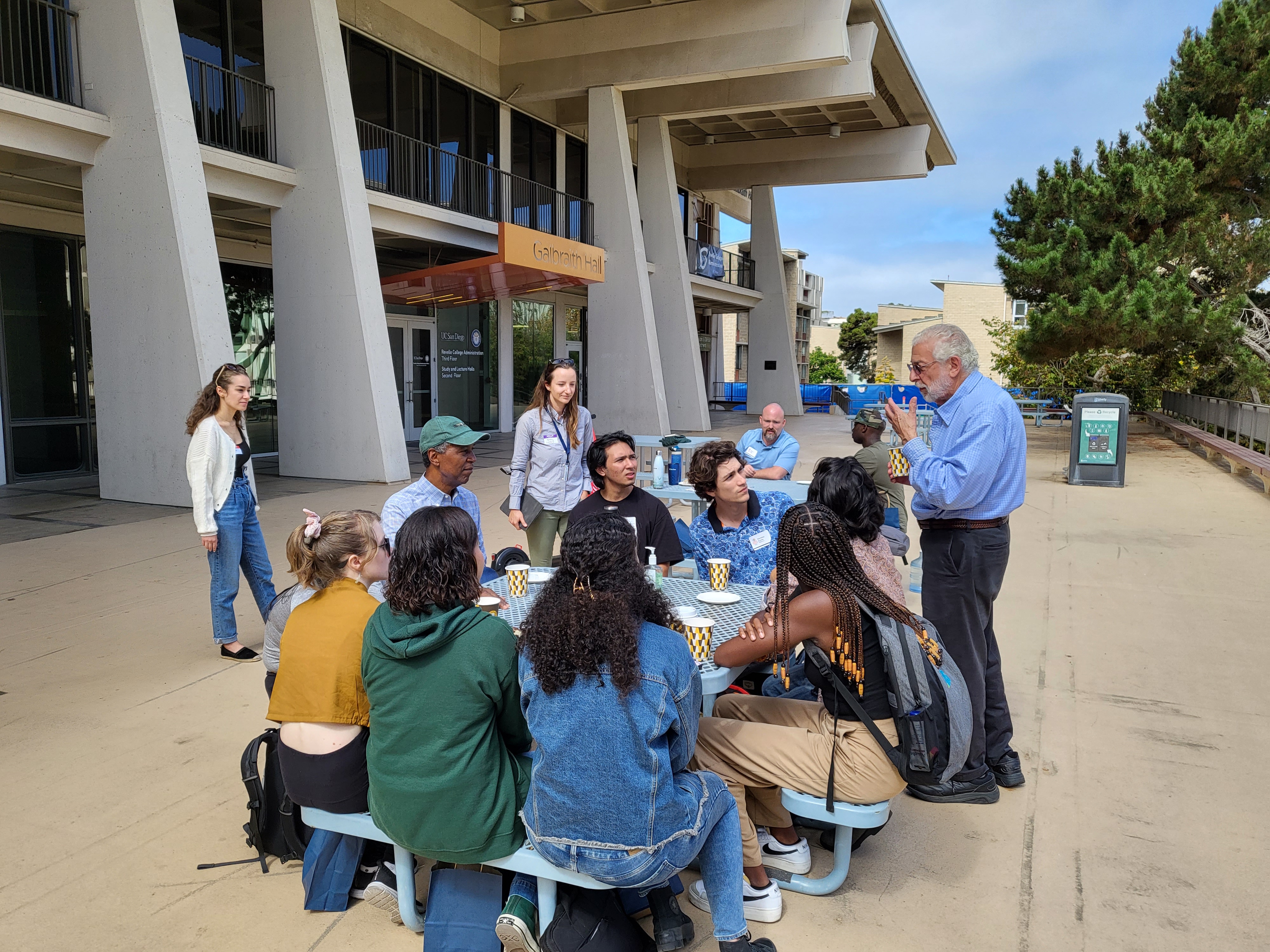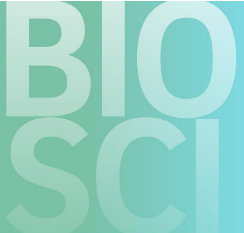STARTneuro
Neuroscience research seeks to understand how our nervous systems do the seemingly effortless work of taking in the world around us and enabling us to move, think, and make decisions.
Simply speaking, neuroscience is the study of the nervous system. Since its early days, neuroscience has been tasked with understanding how neurons and glia develop, function, and communicate. These days, neuroscientists use a variety of tools to understand the endless nuts and bolts of how nervous systems are built so that we can ultimately apply this knowledge to understand when the system works differently than usual. This type of research is continuously helping us to unravel the mechanisms of depression, Alzheimer's, schizophrenia, and more.
Here at UC San Diego and our neighboring institutions, neuroscience research takes a variety of forms. Some laboratories are working to understand which brain areas, neural circuits, cell types, and genes are involved in learning and memory. Other laboratories are focused on understanding the impact of drug addiction on brain function and decision-making.With multiple research institutes and a high density of neuroscience labs, San Diego is a vibrant place for neuroscience research.
STARTneuro is a competitive program that trains, mentors, and funds transfer students as they enter neuroscience research. Our program begins with a summer research training program to ramp students up on key neuroscience techniques and facilitates lab placements with faculty mentors during the school year.
After the STARTneuro training program, we'll help you find a research lab to work in, and pay you to work for up to 10 hours a week for one year, with an option to continue into a second year. During the school year, we'll have workshops on applying to PhD programs, designing research projects, writing personal statements, and more. We'll also connect you with neuroscience graduate students who can show you the ropes.
Our program funds students to work full-time in labs over the summer, as well as part-time during the school year. We were funded by a National Institutes of Health BP-ENDURE grant (Award Number R25NS119707) to host a cohort of 10 students each summer from 2021-2024.
STARTneuro is a collaboration between the School of Biological Sciences and the Undergraduate Research Hub. We are also supported by many campus resources such as the Teaching+Learning Commons and OASIS, as well as many off-campus research labs at the Salk Institute and Scripps Research Institute.
Application Dates
2025 Cohort
-
We are not accepting new applicants in 2025.
Benefits
- A fully funded ($6,000) 8-week summer research training program to teach a wide range of fundamental techniques in neuroscience and introduce you to UC San Diego.
- Up to $1,755 each quarter for research
- Funding to attend the annual BP-ENDURE meeting as well as an additional scientific conference
- Research Experience in a lab during undergraduate study at UC San Diego
- Community and mentorship with neuroscience Ph.D. students and faculty at UC San Diego
- Preparation and guidance for applying to Ph.D. programs
- Conference travel funding: By participating in the STARTneuro Program, you qualify to apply for URH's conference travel funding.
Requirements
To be a STARTneuro scholar in good standing, students must do the following:
- Participate in the summer research training program
- Attend annual ENDURE meeting with scholars from across the country
- Attend 1-2 per quarter STARTneuro meetings and workshops during the school year
- Meet quarterly with their mentoring pod
- Conduct research in a neuroscience lab
- Exclusion: Do not participate in another structured research program during the academic year
Additional second-year requirements
- Present at the ENDURE Poster Session in their second year
- Present their research at the UCSD Summer Research Conference in your second-year
To continue into the second year of the program, students must:
- Maintain a 3.0 or higher GPA
- Be committed to continuing to work in a research lab
Eligibility
- Must be an incoming transfer UC San Diego student who is interested in pursuing neuroscience research as a career path.
- Must be a US Citizen or a permanent resident.
- There is no minimum GPA to apply
- No previous research experience or neuroscience coursework is required to be eligible
Application Process
We are not accepting new applicants in 2025.
There are 3 items required to apply to the STARTneuro Program:
1. Applications
You will need your UCSD SSO to log in.
- General Application and Undergraduate Application (When you finish the general application, you will be automatically directed to complete the undergraduate application).
- For questions about UCSD GPA and/or unofficial transcript, feel free to use your most recent community college information.
- STARTneuro Application (After you finish the previous two applications, you will be allowed to choose to complete the STARTneuro application.)
2. A reference questionnaire
- A reference can be from a professor, employer, or person in your community that you've interacted with closely (e.g., an athletic coach, a supervisor in a volunteer organization, religious leader, etc.) This reference should speak to your interest in a research career and your potential contributions to a neuroscience research training program.
- Please make sure to provide your reference's name and email address as soon as possible.
- The system will automatically send a separate link to your reference with instructions on how to complete the questionnaire.
- If reference does not upload a letter before the deadline, we may follow up with them directly.
3. Short-Answers (as part of the STARTneuro application) [https://ucsd-research.academicworks.com/opportunities/1068]
- Of all of your experiences related to science in the past, which one(s) did you find the most satisfying and why? (250 words max)
- When you think about doing neuroscience research, describe what you imagine would be most rewarding. For example, advancing our knowledge of the brain, helping patients, understanding neurological disorders, or advancing our knowledge of the brain. (250 words max)
- Describe a time when you had to create something from scratch; what was surprisingly difficult? How did you address any unforeseen obstacles? (250 words max)
- Our program is funded by NIH ENDURE, which is invested in increasing diversity in neuroscience careers and PhD paths. Obtaining a PhD after your college degree would empower you to conduct exciting neuroscience research and open doors to other careers (see this video for more information). How interested are you in this path?
- Extremely interested in pursuing a neuroscience PhD
- Broadly interested in a research career path, but not specifically in neuroscience
- Very interested, but still considering other career paths
- Somewhat interested, but not sure
- Not at all interested — I have other career goals
- Other - If you pick this, please explain further.
FAQs
Students
Gifts to STARTneuro
Would you like to support STARTneuro and its mission? If so, feel free to check out STARTneuro's donation fund. All donations made to the program are tax-deductible.

STARTneuro Contact Information
In accordance with applicable Federal and State law and University policy, the University of California does not discriminate, or grant preferences, on the basis of race, color, national origin, religion, sex, disability, and/or other protected categories.
More information about Proposition 209 can be found here.
More information about the University of California Anti-Discrimination Policy can be found here.
